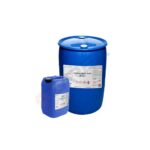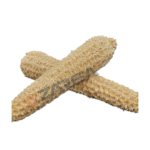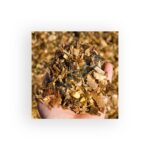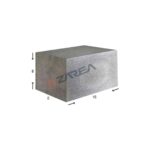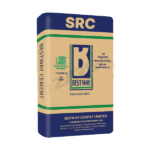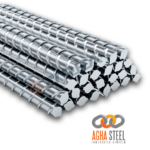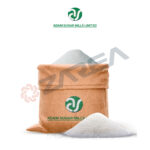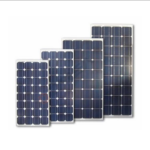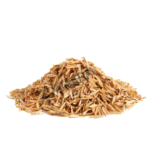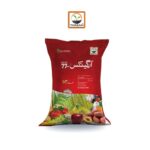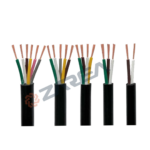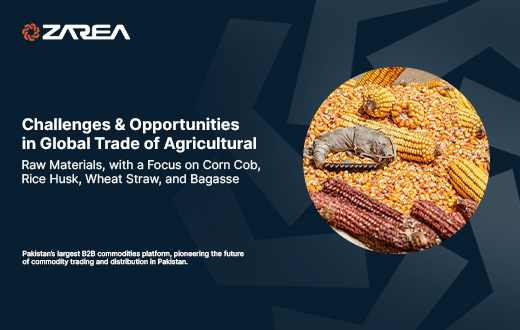
Challenges and Opportunities in Trade of Agricultural Raw Materials
- July 11, 2024
Introduction to Agricultural Raw Materials:
The exchange of agricultural raw materials is fundamental to global food security and economic growth. From grains and oilseeds to fibers and timber, these natural resources drive industries, support communities, and enhance the GDP of numerous countries. Nonetheless, this vital sector encounters major challenges that require creative solutions, while also presenting extraordinary chances for development and change.
The worldwide exchange of agricultural raw materials is a dynamic and essential component of the global economy. In the midst of the challenges and opportunities characterizing this landscape, some agricultural by-products such as corn cobs, rice husks, wheat straw, and bagasse are becoming more significant. This blog examines how these substances impact the agricultural supply chain, emphasizing the distinct challenges and opportunities they offer.
Challenges in Agricultural Raw Materials Trade:
- Market Volatility: Variations in international markets, influenced by elements such as geopolitical conflicts, climate shifts, and currency volatility, pose difficulties for traders in sustaining consistent pricing. These uncertainties frequently deter long-term investments in agricultural commerce.
- Climate Change Impacts: Severe weather occurrences and changing climate trends have a direct impact on agricultural output. Diminished yields, agricultural failures, and limited resources intensify supply chain interruptions and raise expenses for raw materials.
- Logistics and Infrastructure: Effective transport and storage are essential for perishable agricultural products. Developing countries frequently face challenges due to insufficient infrastructure, resulting in post-harvest losses and restricted export opportunities.
- Trade Barriers: Tariffs, quotas, and non-tariff barriers such as strict quality standards and regulatory demands obstruct seamless international trade. These limitations have a greater impact on smaller economies that depend on agricultural exports.
- Sustainability Concerns: Rising worldwide demand for sustainable and ethically sourced materials puts pressure on manufacturers and merchants. Fulfilling these expectations usually necessitates considerable investment in sustainable agricultural methods and clear supply chains.
Opportunities in Agricultural Raw Materials Trade:
- Bioenergy and Biomaterials Production: Corn cobs, rice husks, wheat straws, and bagasse present significant opportunities for the production of bioenergy and biomaterials. Technological advancements and research can create possibilities for transforming these by-products into renewable energy resources and sustainable materials.
- Value-Added Products: Investigating value-added products made from these agricultural by-products, including biochar, mulch, or bedding for animals, has the potential to create new income sources. This not only improves the economic feasibility of these materials but also minimizes waste in the agricultural industry.
- International Collaboration for Research: Global collaborative research projects can result in advancements in the effective use of these by-products. Exchanging knowledge and effective practices can help address challenges and enhance their role in the worldwide agricultural supply chain.
- Promotion of Circular Economy: Adopting a circular economy model by incorporating these by-products into multiple sectors such as construction, packaging, and energy can promote sustainable practices. This method decreases reliance on conventional raw materials and encourages efficient resource use.
- Adoption of Technology: Technological innovations like blockchain, IoT, and AI are changing the agricultural trade environment. Blockchain provides traceability and transparency, while IoT devices track crop conditions and enhance logistics. These advancements enhance productivity and minimize waste.
- Expanding Global Markets: Developing nations with increasing populations are creating a growing need for agricultural raw materials. Nations such as China, India, and various African countries provide profitable prospects for exporters.
- Value Addition: Transforming raw materials into completed or partially finished products boosts their market worth. For instance, processing grains or locally sourcing oils generates employment and boosts export income.
- Sustainable Farming Practices: The worldwide drive towards sustainability creates opportunities for certified organic and environmentally friendly agricultural goods. Producers embracing eco-friendly practices can access high-end markets and meet the needs of environmentally aware consumers.
- Trade Agreements and Partnerships: Regional trade agreements like the African Continental Free Trade Area (AfCFTA) and programs such as the EU Green Deal offer structures for improved cooperation and market access, minimizing trade obstacles and promoting economic development.
Strategies for Overcoming Challenges:
- Investing in Infrastructure: Creating contemporary storage facilities, transportation systems, and ports to reduce losses and enhance trade efficiency.
- Enhancing Resilience: Implementing climate-smart farming techniques to lessen the effects of climate change and ensure steady production.
- Leveraging Data Analytics: Leveraging predictive analytics to anticipate demand, pricing trends, and weather conditions, facilitating improved decision-making.
- Advocating Policy Reforms: Working together with governments to lower trade obstacles and encourage beneficial trade regulations.
- Promoting Fair Trade Practices: Guaranteeing fair chances for smallholder farmers and matching trade practices with international sustainability criteria.
Conclusion:
Corn cobs, rice husks, wheat straws, and bagasse signify unused potential in the worldwide exchange of agricultural raw materials. To tackle challenges and seize opportunities related to these by-products, a coordinated effort from stakeholders, including firms like Zarea.pk, is necessary. By advocating for sustainable methods, raising awareness, and funding research and development, the agricultural sector can maximize the true worth of these resources, aiding in a more robust and environmentally friendly future.
The exchange of agricultural raw materials presents both a challenge and a chance. Although market instability, climate change, and infrastructure deficiencies present major challenges, technological progress, growing markets, and sustainable methods provide avenues for development. By strategically tackling these challenges and capitalizing on new opportunities, stakeholders can secure a robust and thriving future for international agricultural trade.
FAQ’s:
What are the raw materials for agriculture?
Depending on their methods of production, agricultural raw materials such as palm oil, soy, coffee, peat, and staple foods like rice, fruits, and vegetables can have a significant environmental and social impact. Their influence calls for sustainable methods to reduce damage while fulfilling worldwide needs.
What are the examples of agricultural materials?
Agricultural products drive the global economy, organized into four primary categories: food, fiber, fuel, and raw materials such as rubber. The food category takes center stage with essentials such as grains, colorful vegetables, succulent fruits, cooking oils, protein-filled meats, milk, eggs, and even mushrooms. Every category drives industries and provides food worldwide!
What are the raw materials for organic farming?
For managing nutrients and enhancing soil fertility, crop residues, animal manure, leaf litter from forests, bone meal, waste from slaughterhouses, blood meal, and green manures are essential organic resources. All organic matter like this must be composted correctly for effective results.
What are the important crops of Pakistan?
Pakistan’s agricultural foundation flourishes with four key crops: wheat, sugarcane, cotton, and rice. Combined, they account for more than 75% of the overall crop output value! At the forefront is wheat, the country’s primary food crop, nourishing millions and driving the economy.




